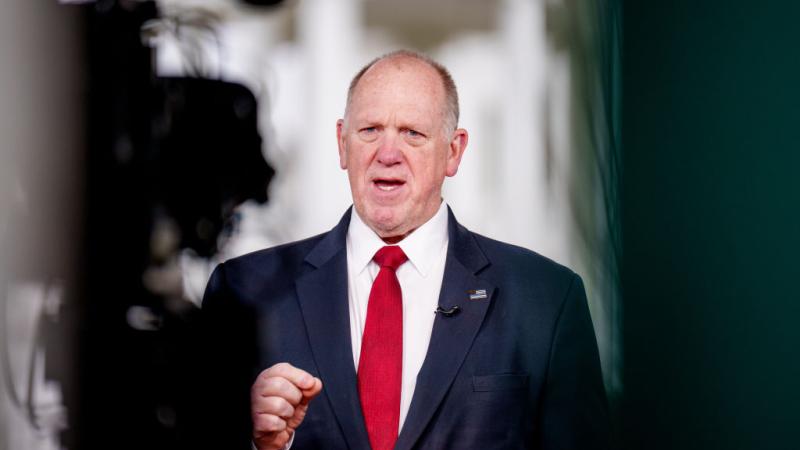Organization warns Secret Service that personal numbers 'will likely be used' in criminal probe
The letter told agents that Secret Service attorneys represent the agency over the individual.
The Federal Law Enforcement Officers Association is warning members who are in the U.S. Secret Service that their personal phone numbers that were given to the Jan. 6 Capitol riot committee "will likely be used" in a criminal probe.
"Exactly whose numbers were provided, to whom and for what purpose have yet to be determined however, the information will likely be used for a criminal investigation into the USSS employee," the professional organization wrote on Tuesday in the letter, which was obtained two days later by CNN.
The warning comes after the House Jan. 6 committee received copies of Secret Service text messages from Jan. 5 and 6, 2021 that were previously thought to have been deleted as part of a "pre-planned technology system change."
The letter told agents that Secret Service attorneys represent the agency over the individual, and members are encouraged to use the FLEOA Association's legal counsel if anyone attempts to contact them about personal information.
FLEOA President Larry Cosme blasted Secret Service leadership in a public statement earlier this week.
"U.S. Secret Service ('USSS' or 'Secret Service') executive leadership had no polices, protocols or mechanisms in place to retain employee electronic communication records despite having the same, key personnel at the highest levels for years upon years," Cosme wrote. "USSS senior leadership neglected to retain employee electronic communication records despite being directed to and provided with instructions on how to save them. The scandal that has broken out due to the lack of adequate record retention is the fault of Secret Service leadership.
"To compensate for their failures, USSS executive leadership provided Congressional oversight entities USSS employee's [sic] personal cell phone numbers from employee personnel records. These personal records were released without the employee's [sic] consent.
"This is a classic demonstration of self-preservation and a desperate attempt by leadership to cover up for their own failings at the expense of the trust and security of their employees."















